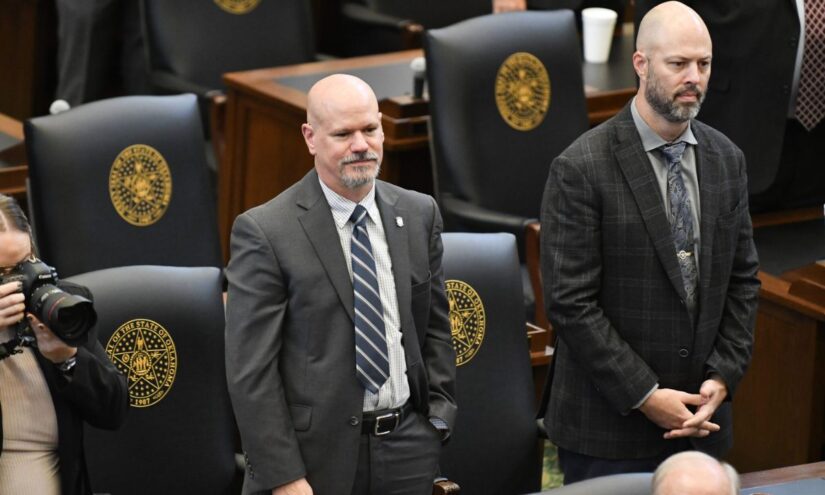During this summer, a team of students from MIT embarked on a journey to the sou …
Oklahoma Bill proposes allowing districts to hire religious counselors
Carlos Changemaker

In Oklahoma City, a new legislative proposal allowing chaplains to serve in public schools has resurfaced and progressed through the state’s legislature this week.
Representative Kevin West, R-Moore, made changes to the language of Senate Bill 36, a bill discarded in 2023 related to the Open Records Act, transforming it to permit the hiring or volunteering of religious chaplains in schools.
The House General Government Committee approved the revised SB 36 on Tuesday with a party-line vote of 6-2, after four previous school chaplain bills were unsuccessful earlier in the legislative session without any committee hearings.
According to West, chaplains are not intended to influence students towards a specific faith but to offer counseling, although the bill lacks specification on required credentials or their responsibilities within a school.
The legislation prohibits chaplains who are registered sex offenders but does not mandate a background check for them.
West mentioned that individual school boards have the authority to determine whether to enforce specific certifications and qualifications for chaplains. He emphasized the diverse religious backgrounds of chaplains available to schools, emphasizing that the bill intends to provide counseling assistance without favoring any particular religion.
The Oklahoma School Counselors Association urged local residents to reach out to their lawmakers and voice opposition to SB 36, expressing the importance of highly trained school counselors in providing mental health, wellness, academic, and career support to students.
House Democrats have raised constitutional concerns about using public tax dollars to employ religious ministers in schools.
Rev. Shannon Fleck, the executive director of the Oklahoma Faith Network, highlighted the absence of language in SB 36 ensuring that chaplains are qualified for counseling and preventing them from proselytizing their faith.
While some lawmakers drew comparisons to military chaplains, Fleck clarified that the two roles are not equivalent. Military chaplains have clear requirements, including a master’s degree in theology, endorsement from a faith group, and specialized training for a multi-faith environment.
Fleck stressed the need for defining parameters to regulate who can access public schools and interact with children rather than leaving the situation open to various interpretations.


